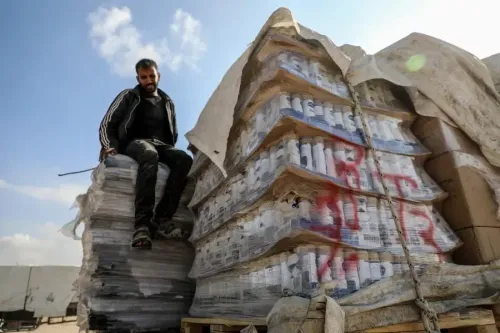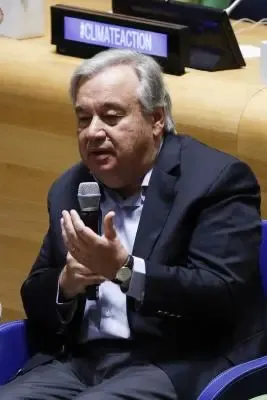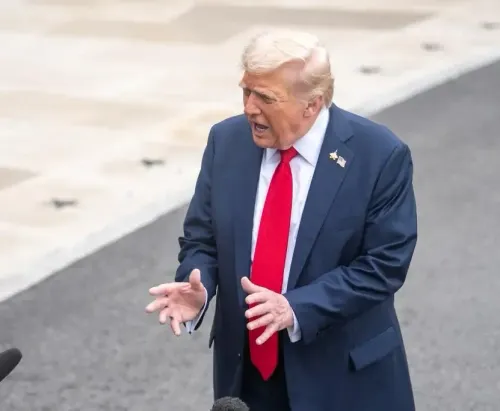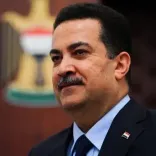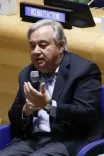Did Iraq's Election Conclude Without a Majority?
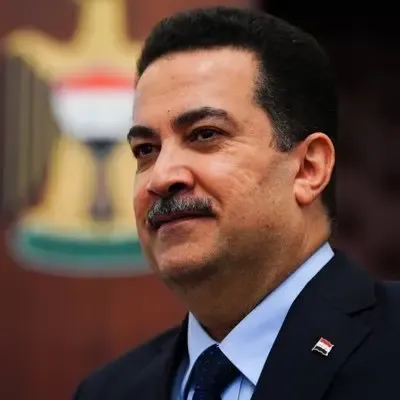
Synopsis
Key Takeaways
- Al-Sudani's coalition leads with 46 seats.
- No party achieved an outright majority.
- Coalition negotiations are critical for future governance.
- The caretaker government will handle daily affairs.
- The current president remains in office until a new parliament is formed.
Baghdad, Nov 18 (NationPress) The Independent High Electoral Commission of Iraq has made public the final outcomes of the parliamentary elections held on November 11, marking a significant achievement for Prime Minister Mohammed Shia' al-Sudani's coalition.
During a press conference broadcasted on television, the commission unveiled the comprehensive results, noting only slight modifications from the prior preliminary results, as reported by Xinhua news agency.
The ultimate count indicated that al-Sudani's Reconstruction and Development Coalition obtained 46 seats in the 329-member Council of Representatives, which is Iraq's parliament. This was followed by former Prime Minister Nuri al-Maliki's State of Law Coalition with 29 seats, and former Parliament Speaker Mohammed al-Halbousi's Taqaddum (Progress) Alliance with 27 seats.
The impressive outcome for al-Sudani's coalition strengthens his role as a key player in the upcoming negotiations. With no single party achieving an outright majority, the formation of a governing coalition becomes a crucial next step in Iraq's democratic journey.
On Monday, leaders of the Coordination Framework, an alliance of Shiite factions, convened for their first meeting since the election.
The Coordination Framework stated that it has agreed to establish the largest parliamentary bloc, which encompasses all of its affiliates.
Additionally, it announced that the newly created bloc will propose the next premier.
In a pertinent ruling, the Iraqi Federal Supreme Court decided earlier on Monday that the government must transition to a caretaker status following the end of the outgoing parliament's term.
The caretaker government will be restricted to managing daily operations, with limitations on making long-term decisions such as ratifying treaties, signing loan agreements, or appointing senior officials. The current president will remain in office until a new parliament is established.


